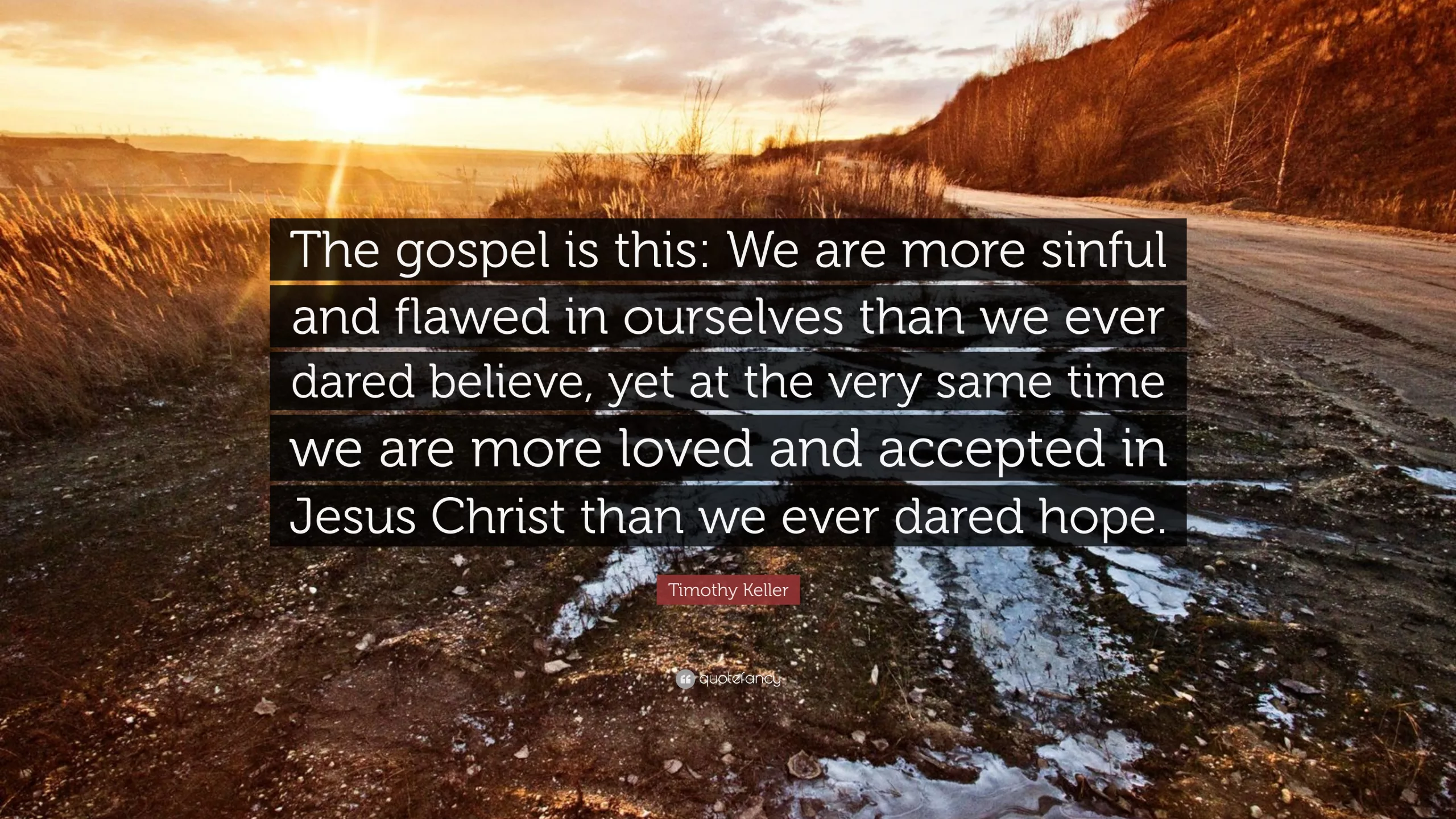Last week, my family and I flew down to Florida to celebrate the end of five years spent in seminary. While on the plane, I had some time to think about the number of societal shifts that have taken place since I signed up for my first class, and all of the complicated questions being asked right now. Which is good. But there’s also been an uptick in “hot takes” in response to these good questions, which can never lead to answers to complex problems.
Seminary’s main teaching strategy is to send you into the library to scour dusty books written by dead people, to evaluate and synthesize their ideas based on what the Bible says and why, and to bring all of this to bear on everyday life in all of its beauty and brokenness. The benefit of this process is that the ideas are not new and novel, but time-tested. In other words, they are “cold-takes” that have been through the ringer of real life.
Which brings me to my five probably unoriginal “cold-takes” five years later:
1. Chronological snobbery will always be popular
C.S. Lewis coined the term chronological snobbery and it basically means the uncritical acceptance of the thinking climate common to our own age. In addition to being a great turn of phrase, chronological snobbery is helpful for seeing why all of us are pretty bad at having conversations about most things that are meaningful. It’s also why we desperately need a type of wisdom to come down out of heaven to us, rather than us thinking we only know how to progress based on our own intelligence.
For it is written:
“I will destroy the wisdom of the wise;
the intelligence of the intelligent I will frustrate.”Where is the wise person? Where is the teacher of the law? Where is the philosopher of this age?
Has not God made foolish the wisdom of the world?
1 Corinthians 1:19-20
2. Grace is the change agent of life
Religion creates a culture of suspicion everywhere it’s found. It’s easy to spot, because it always wears some form of “you have to do this in order to belong here.” Those who view themselves as ‘in’ have a tendency to master the transgressions in the lives of those who are ‘out.’ Unsurprisingly, this isn’t just found in churches, but everywhere where a code of behavior is required for membership, whether written or unwritten.
Grace, on the other hand, is God’s change agent for life itself. It’s his one-way love to people who don’t deserve it. God’s clearest articulation of undiluted grace 2,000 years ago flipped the world upside down. The same message of one-way love reformed the church 500 years ago, and it continues to transform lives today – making people curious, not judgmental.
3. Proclaiming is more effective than how-to hacking
Despite all our efforts, our quick fixes and DIY life hacks have failed to rescue us from our very real predicament. We are more anxious and depressed on the whole and less able to even hold a conversation with those we disagree with on important topics. Historically, preaching in the Christian church has not been about telling people how to behave. It’s almost the exact opposite of that – preaching is the proclamation of work that has been done by God. It’s about good news and it is for the afflicted, the downtrodden, the sick, and the broken. It heals precisely because it is not telling the drowning person to swim harder, but an announcement of rescue from God himself.
After John was put in prison, Jesus went into Galilee, proclaiming the good news of God. “The time has come,” he said. “The kingdom of God has come near. Repent and believe the good news!”
Mark 1:14-15
4. The gospel is the answer
Tim Keller died of pancreatic cancer exactly one week before we walked at the commencement ceremony. He was a professor at the school and an example to many of us in ministry in more ways than can be counted. The drum he beat until his dying breath was that the gospel really does change everything and is the answer to our deepest problems. More Tim Kellers would be great but more people going all in on the gospel for all of life would be even better.

5. Jesus loves you, this I know
Your job doesn’t love you, your achievements can’t save you, and that next thing you think will make you feel better will leave you just as empty and wanting as you are right now. But this is why the gospel matters so much. Indeed, the thing the Apostle Paul resolved to build his entire life upon, was the love that is greater than death in the finished work of Jesus on the cross. Jesus really does love you, this I know, for the Bible tells me so.
1 Corinthians 2:2-5
For I resolved to know nothing while I was with you except Jesus Christ and him crucified. I came to you in weakness with great fear and trembling. My message and my preaching were not with wise and persuasive words, but with a demonstration of the Spirit’s power, so that your faith might not rest on human wisdom, but on God’s power.